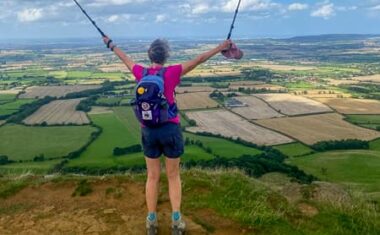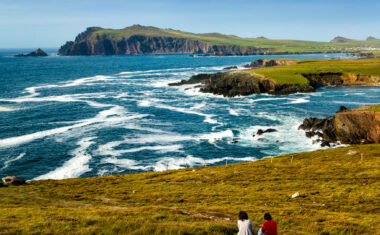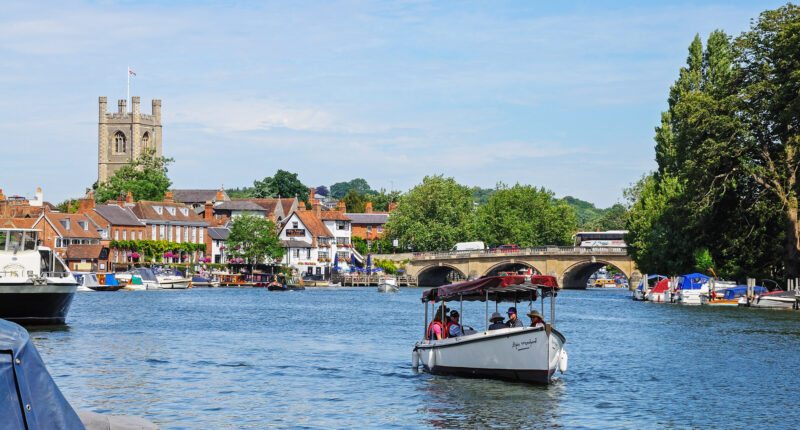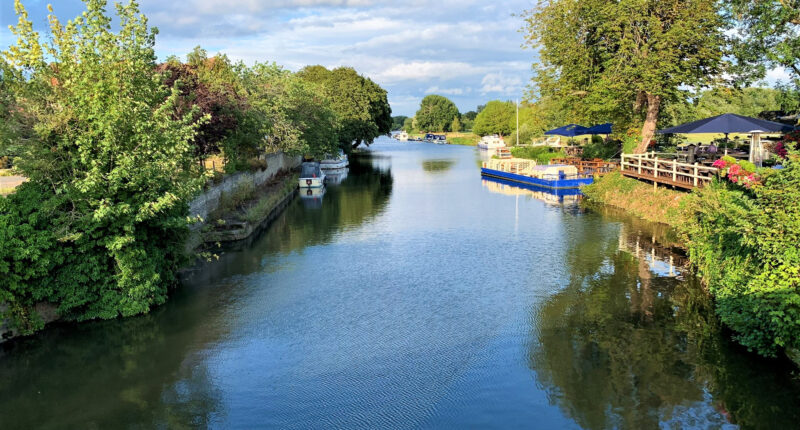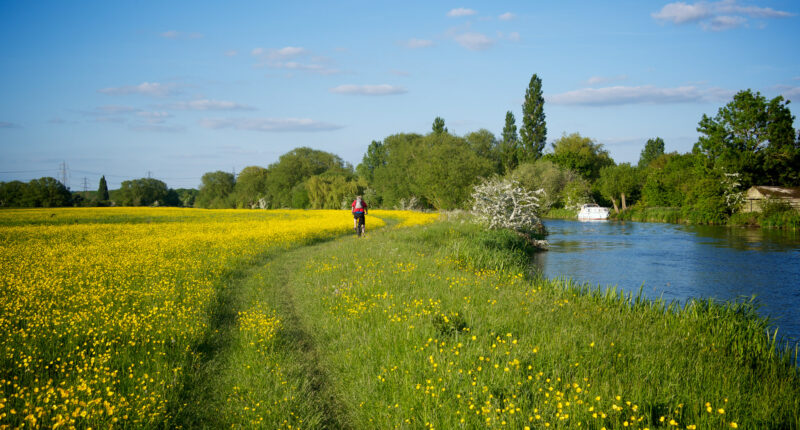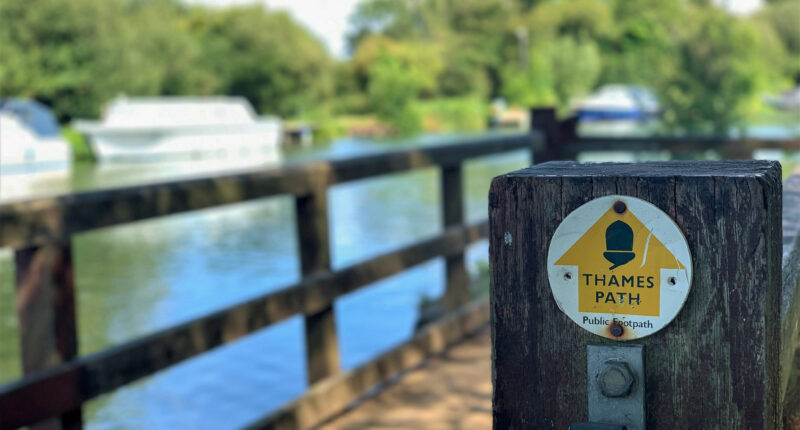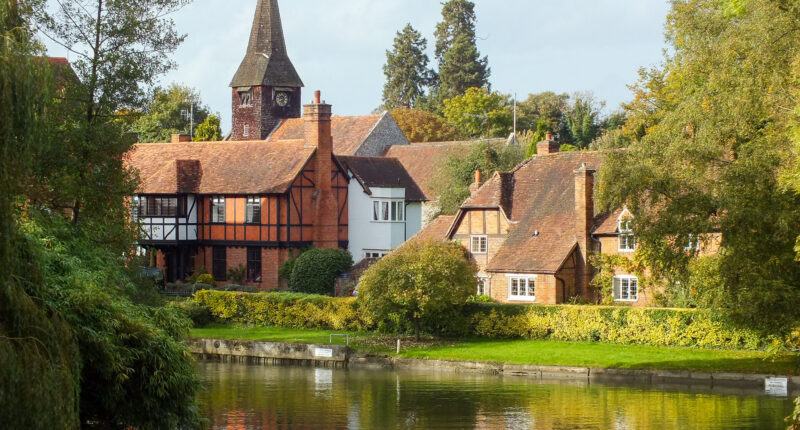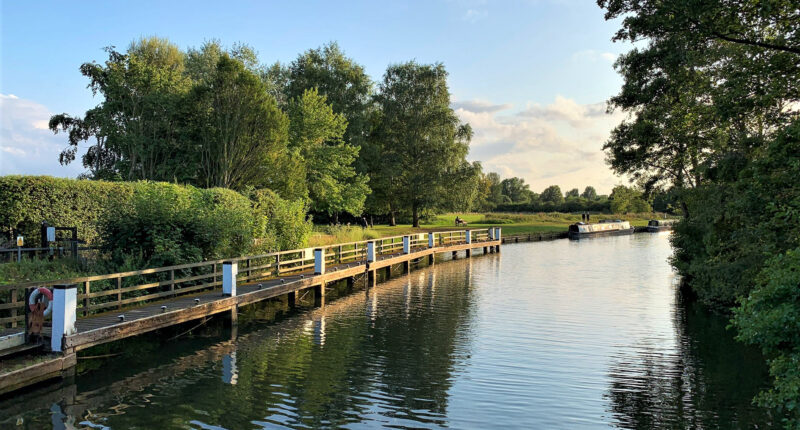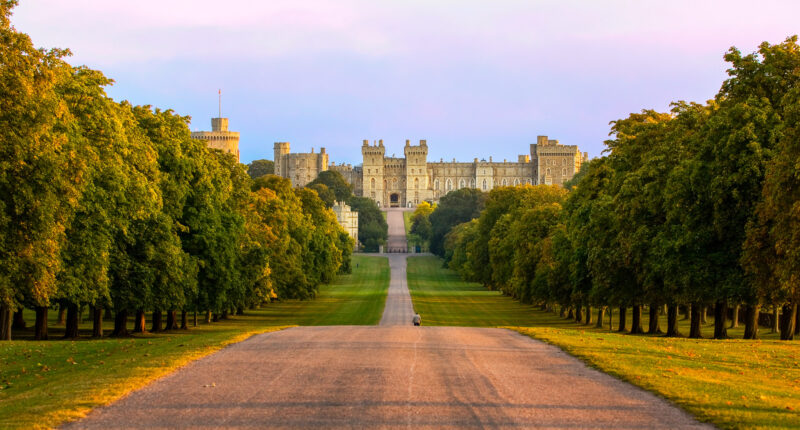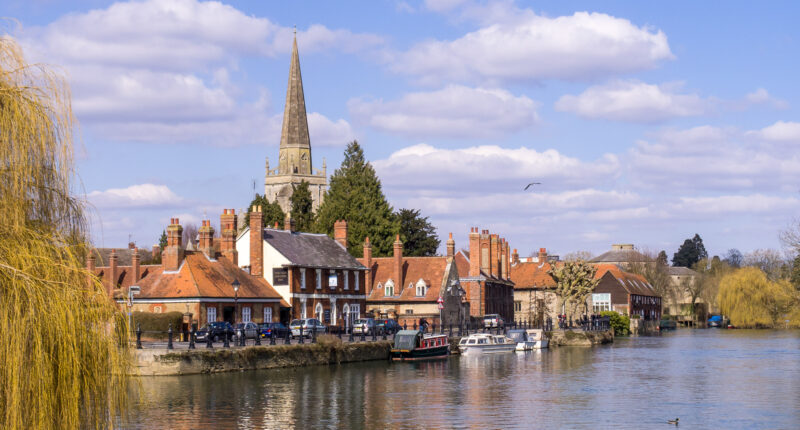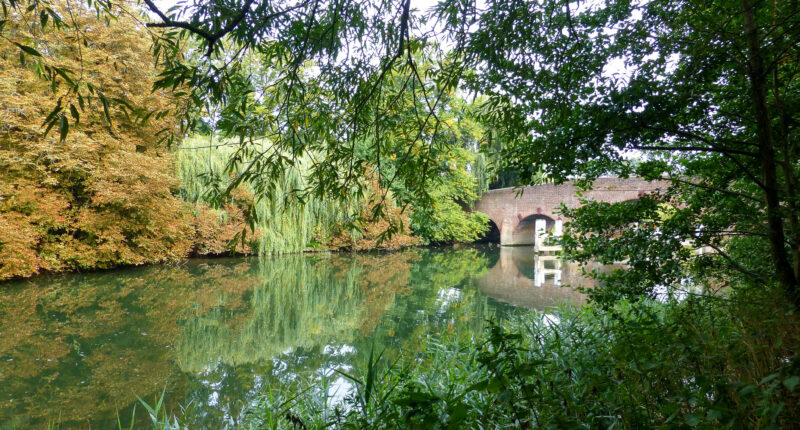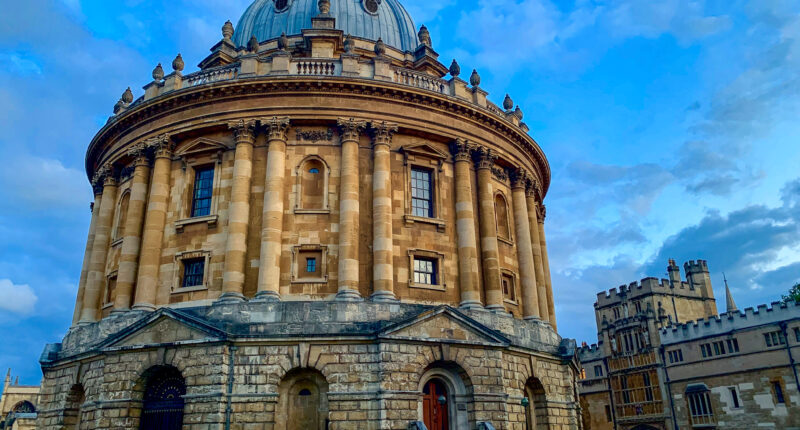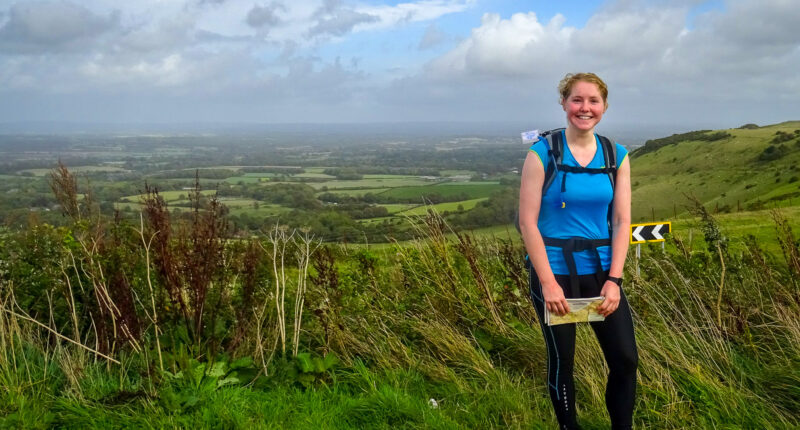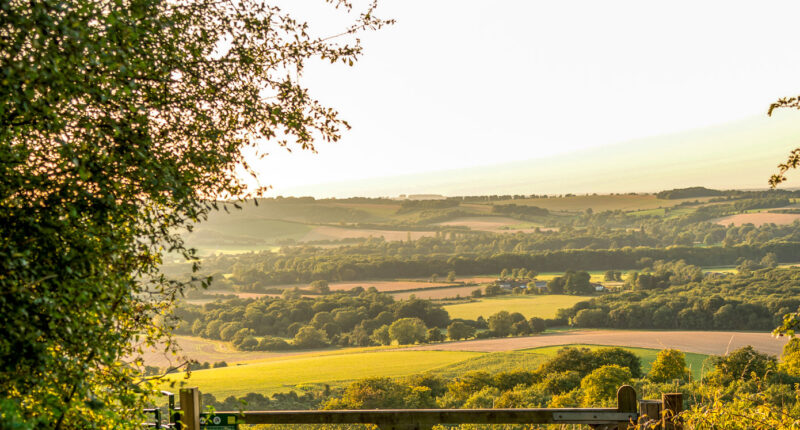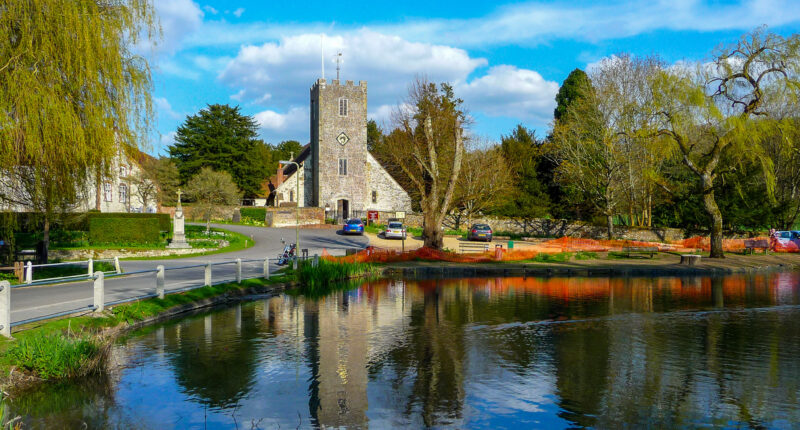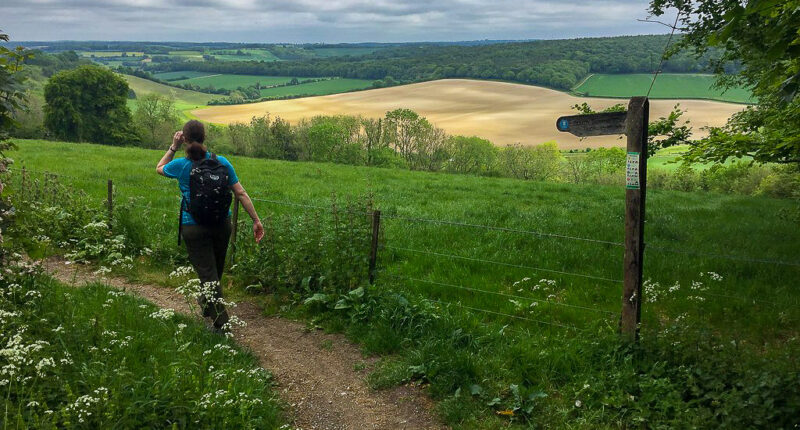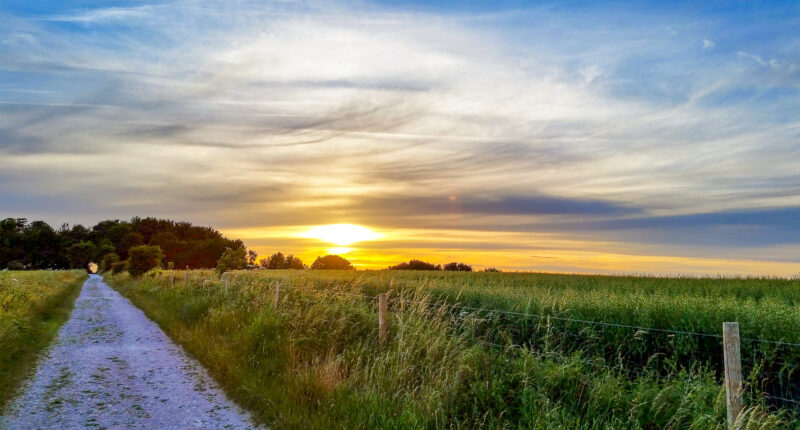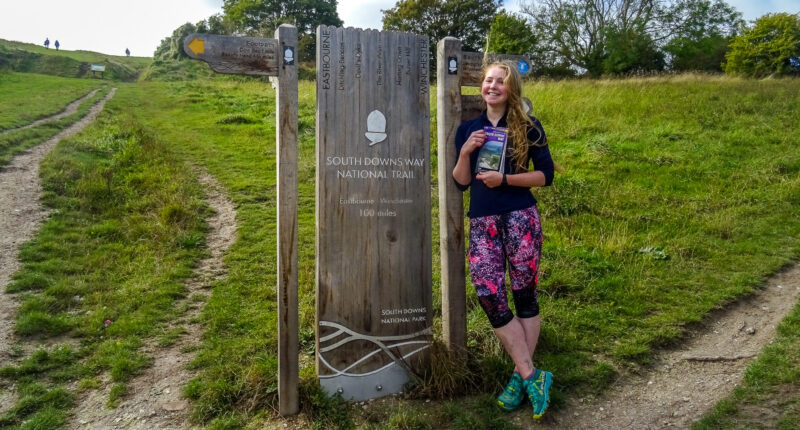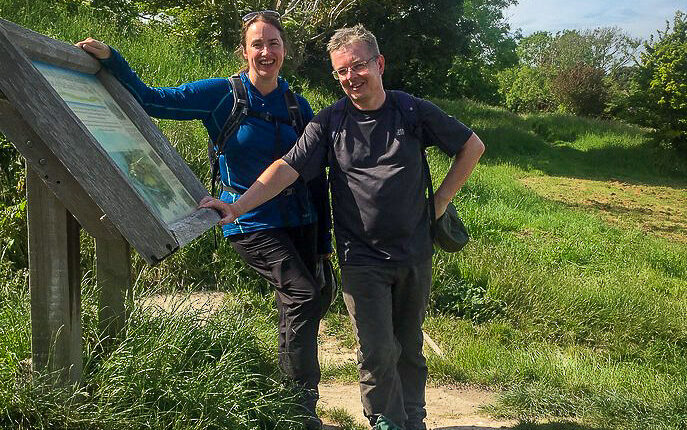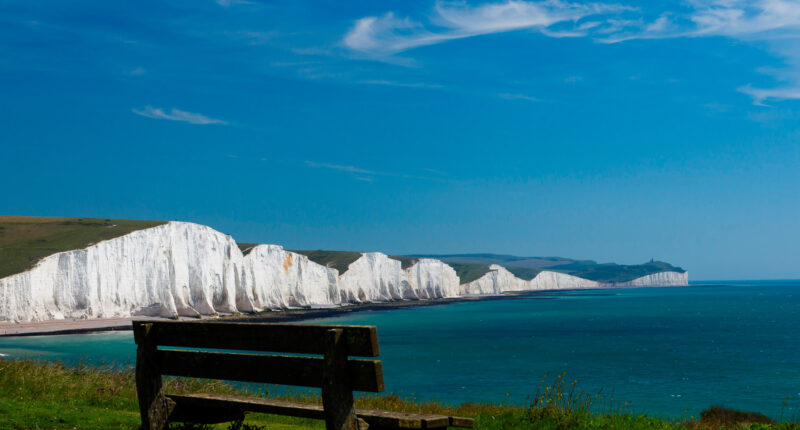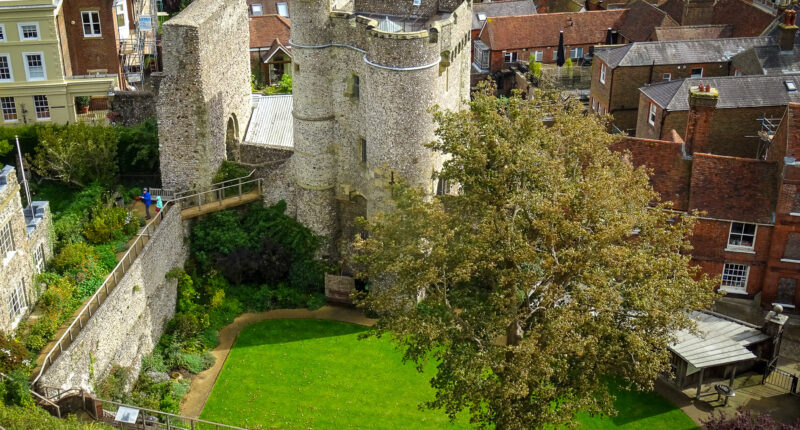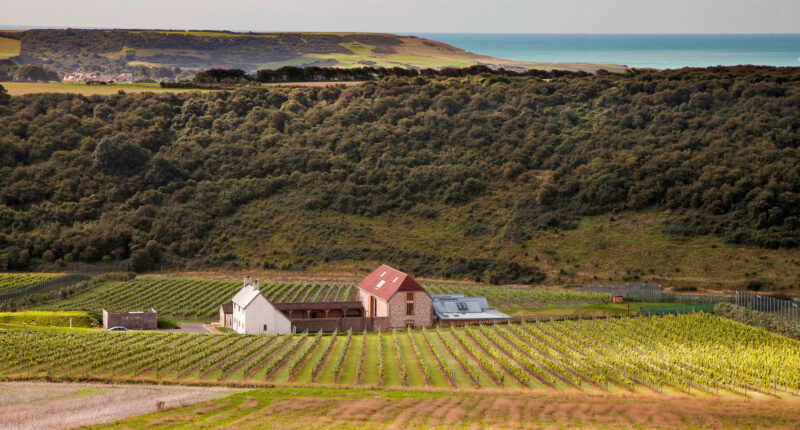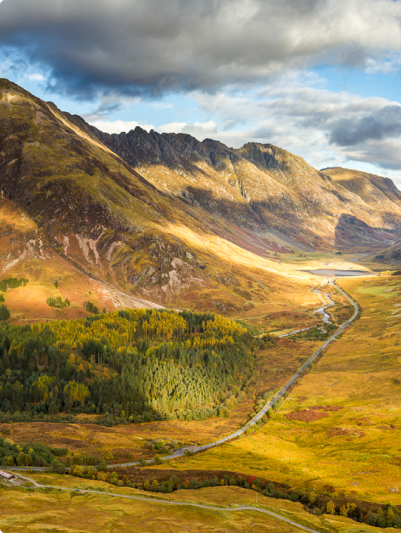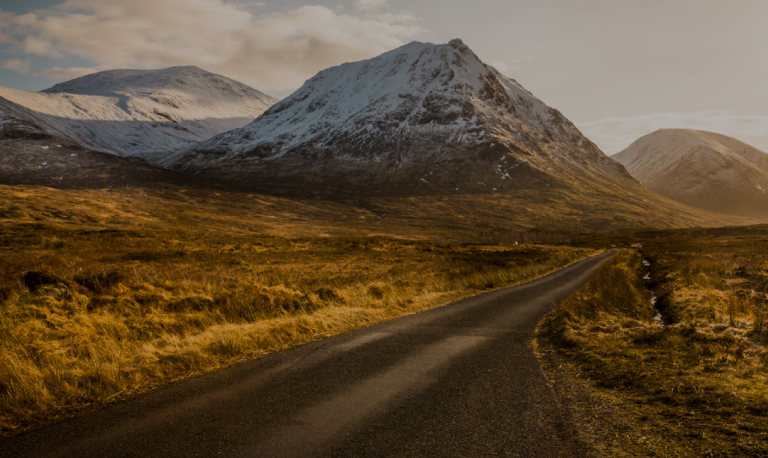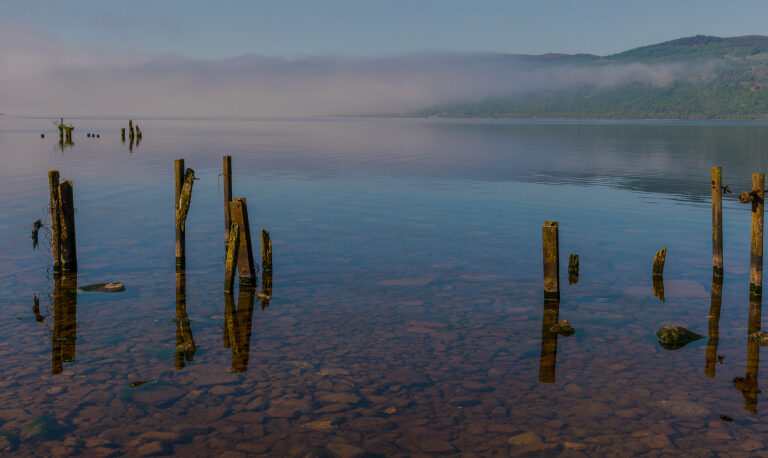Dingle Way
Overview
- Prices from: £875 per person
- Start: Tralee, County Kerry
- Finish: Tralee, County Kerry
- Availability: Any start date from April to October
- Grading: Moderate
- Way-marked: Yes
Dingle Way Highlights

Spectacular scenery
Read moreEnjoy spectacular views of mist-covered mountains and wild stretches of uninhabitable coastline.

Archaeological sites
Read moreVisit some of Ireland’s most fascinating archaeological sites on your journey around the Dingle Peninsula, such as the Beehive Huts or the Reask Monastic Site.

Irish tradition
Read moreDiscover Gaelic language, customs and culture which remain very much alive on the Dingle Peninsula.

Wildlife galore
Read moreSpot sea otters and seals on the rocks at Inch Strand, or watch dolphins clowning around in the bay, including DIngle’s local resident Fungie the Dolphin.

Dingle
Read moreExplore the colourful lined streets of the bustling seaside town of Dingle, replete with charming gift shops, lovely cafes and teahouses, pubs and dolphin memorabilia.

Incredible coastline
Read moreRelax in the golden sands of the numerous stunning beaches along the coast looking out to the Atlantic.
A Captivating Circuit of the Dingle Peninsula
Situated in the south-west of Ireland, the spectacular Dingle Peninsula stretches for 80 miles westwards into the Atlantic Ocean. With a mountain range at its spine, this region combines everything that is legendary about Ireland: a wild and remote coastline, rugged mountains and abundant reminders of Ireland’s rich history and culture.
The Dingle Way makes a circuit of this enchanting corner of Ireland, starting and finishing in the colourful town of Tralee, the Capital of Kerry. The trail is 111 miles / 179 km long and follows old tracks, mountain trails and green roads, often along the foothills of the mountains.
At almost every turn, there are spectacular views of mist-covered mountains and wild stretches of uninhabitable coastline, where deep fissures have been carved by the pounding waves of the Atlantic Ocean.
The Dingle Peninsula is scattered with links to the history and legend of ancient Ireland. This rich archaeological heritage, local Irish folklore and mythology combined with the open warmth, friendliness and hospitality of the local people, make a visit to the Dingle Peninsula a truly memorable and unique experience.
Although this is generally a low-level walk, there is one lengthy ascent over a pass beneath Mount Brandon—Ireland’s second-highest mountain.
Dingle Way Route Map
Recommended Itinerary
Our most popular itinerary is DINW2 which is 9 days / 10 nights. This also includes an additional rest day in Dingle which allows you to take a boat trip to the Blasket Islands.
Travel to Tralee for your first night's accommodation
Read moreArrive in Tralee, a bustling market town in County Kerry, and spend the evening at your first night’s accommodation.
Day 1: Tralee to Camp (11 miles / 17.5 km)
Read moreThe Dingle Way starts and finishes in the busy market town of Tralee beside the Kerry County Museum. The first day’s walking is along the lower slopes of the Slieve Mish Mountains, with glorious views over Tralee Bay, past early Christian ruins and pagan sites towards the village of Camp, the gateway to the Dingle Peninsula.
Day 2: Camp to Annascaul (11 miles / 17 km)
Read moreA gradual ascent from Camp leads you along small roads and farm tracks lined with fuschia, skirting Moanlaur and the Slieve Mish mountains. Descending through woodland you rise to a saddle and with a view across Dingle Bay, you may see the peaks of the MacGillycuddy Reeks in the distance, Ireland’s highest mountains at the centre of the Ring of Kerry.
A gentle walk brings you down toward the wildlife sanctuary of Inch Strand and then along further easy paths to the picturesque village of Annascaul.
Day 3: Annascaul to Dingle (13.5 miles / 22 km)
Read moreLeaving Annascaul behind, you will pass lovely Annascaul Lake, as you then skirt Acres Hill towards the remains of 16th-century Minard Castle, before turning inland again to the railway village of Lispole. All the way you are within scent of the seas of Dingle Bay and encircled by the Kerry Mountains.
From Lispole, the trail climbs An Cnoc Maol Mor and descends following the old green road into Dingle town, which is steeped in Irish culture and music and where the locals still speak the native (Gaelic) tongue.
Day 4: Rest Day in Dingle
Read moreExtend your stay in Dingle and discover this thriving little fishing port and harbour, where you can enjoy some of the excellent Irish music found in many of the pubs in the town.
Activities include:
- A visit the Dingle Aquarium
- A boat trip to meet and swim with ‘Fungie’, Dingle’s resident dolphin
- A visit to one or more of Dingle’s 52 pubs, craft shops, tea houses, book shops & restaurants
- A boat trip to the Blasket Islands
Day 5: Dingle to Dunquin (12 miles / 20 km)
Read moreThis section of the Dingle Way is spectacular, taking you via the glorious sweep of Ventry Beach and along the slopes of Mount Eagle to Slea Head. This stretch is famous for its concentration of archaeological sites. Each hour is filled with new sites, including the early Christian beehive huts at Fahan and promontory forts.
Behind are views of Ventry Harbour and south to the Ring of Kerry and Valentia Island. Ahead, the route opens up to Slea Head and the Blasket Islands. This is the most westerly point in Europe, with nothing between you and North America.
Day 6: Dunquin to Cuas (15 miles / 24 km)
Read moreThis leg of the Dingle Way takes you north along the Atlantic Cliffs where you will enjoy a great bracing day’s walk along coastal paths. A visit to the Blasket Islands Interpretative Centre is recommended before setting off. The centre illustrates the harshness of life on the islands, until the last inhabitants resettled on the mainland in 1953.
The route from Dunquin follows the coast to Clogher and on to the fort of Dún an Óir, the scene of a notorious massacre situated on Smerwick harbour. This sheltered bay is dominated by the jagged peaks of Sybil Head, the Three Sisters and Ballydavid Head.
Coming out on to the beautiful sands of Béal Bán strand, the trail follows the beach to Wine Strand, all the way to Murreagh, and on through the tiny fishing village of Ballydavid towards Cuas village.
Day 7: Cuas to Cloghane (13 miles / 21 km)
Read moreLeaving Cuas, you commence the ascent of Brandon Head, climbing alongside the steep cliffs to a height of approximately 700m. This is one of the most remote sections of the whole walk which offers a combination of history and breath-taking views.
You are in the cradle of early Christian civilization here, with as many as sixty notable sites of cultural and religious development from the 5th to 9th centuries. Today’s hike also takes you up to the saddle of Mas an Tiompain (the Pass of the Drum) and below Mount Brandon, Ireland’s 9th highest mountain at 950m.
The scenery is superb and the descent to Cloghane is nothing short of thrilling on a clear day, and a well-earned respite is available in the village!
Day 8: Cloghane to Castlegregory (18 miles / 29 km)
Read moreToday’s walk is substantially a beach walk, along the splendid strands of the northern side of the Dingle Peninsula. Back at sea level, the route follows the coast around the Castlegregory promontory via the surfing beaches of Brandon and Scraggane Bay, to the limestone Isles of Magharee. It passes by the fishing harbour and ends in the small traditional village of Castlegregory.
Day 9: Castlegregory to Tralee (17 miles / 27 km)
Read moreToday’s walk takes you back to Tralee, along the northern coast of the Dingle Peninsula, once again partly on beach, with the last stretch along the slopes of the Slieve Mish Mountains.
As the route from Camp to Tralee is on the same path as when you started your walk, you may wish to just walk the 6.5 miles to Camp and then catch a bus back to Tralee. This way you can enjoy the nice coastal route and immense views along Tralee Bay, before joining one of the scheduled bus services to Tralee where you will spend the final night of your walk (journey time 20 minutes).
Onward travel
Read moreAfter breakfast, you will start your journey home after a wonderful walking holiday on the Dingle Way.
What’s Included?
Your Dingle Way walking holiday includes:
- Carefully selected accommodation along the route and trail transfers when applicable
- En-suite or private bathroom facilities whenever possible
- Daily door-to-door baggage transfers
- Comprehensive information pack, kit list, guidebook and map (one set per room)
- Personalised itinerary with details of your accommodation, route and recommendations for lunch and dinner
- Traditional Irish breakfast
- 24-hour emergency contact number
- Full financial protection
Your walking holiday doesn't include:
- Travel insurance
- Transport to and from the start and end of the walk
- Lunches and evening meals
Itineraries & Prices
We offer 2 suggested itineraries for walking the Dingle Way.
Our most popular itinerary is DINW2 which is 9 days / 10 nights. This also includes an additional day in Dingle which allows you to take a boat trip to the Blasket Islands.
 Average miles per day
Average miles per day
 Level of difficulty
Level of difficulty
 Average miles per day:
13 miles per day
Average miles per day:
13 miles per day
 Level of difficulty:
Moderate
Level of difficulty:
Moderate
 Average miles per day:
14 miles per day
Average miles per day:
14 miles per day
 Level of difficulty:
Moderate
Level of difficulty:
Moderate
Dingle Way Accommodation
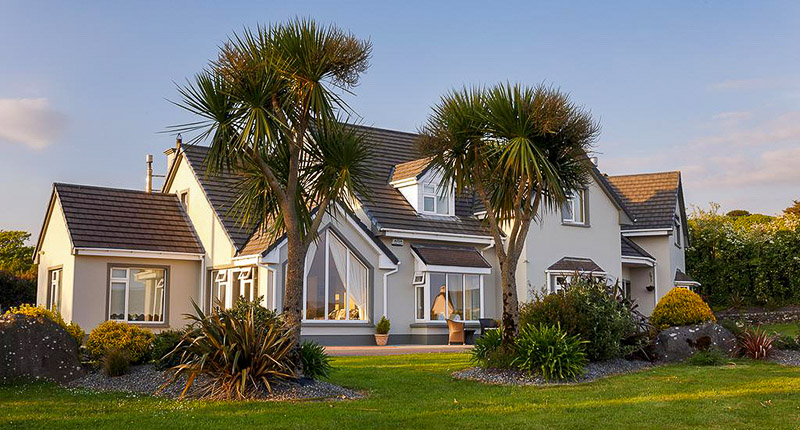

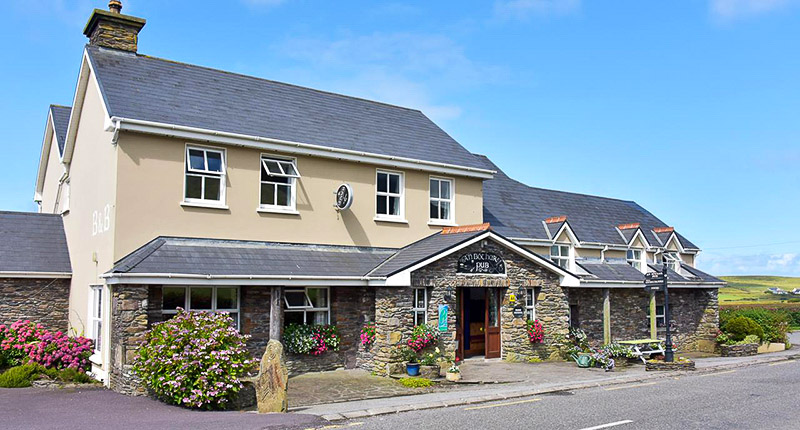
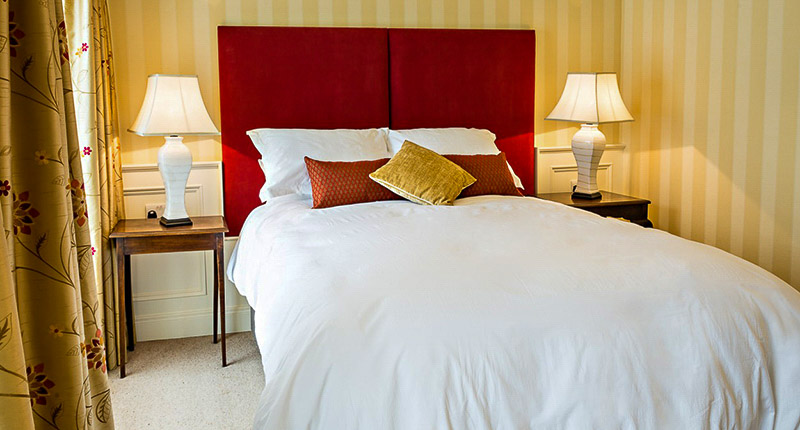
All of the accommodation that we reserve for you has been personally selected by our expert team to ensure it meets our exacting standards. We regularly review our extensive database.
We will always prioritise accommodation as close to the walking trail as possible. Occasionally, your accommodation may be located a short distance from the trail, or you may need to spend more than one night in the same place, in which case we will provide return transfers.
Travel Information
As an environmentally conscious tour operator, we actively encourage the use of public transport by providing clients with a detailed breakdown of travel options in their information packs. The following information may help with your pre-trip planning.
Getting to and Departing from Tralee
Nearest International Airport: Cork, Shannon or Dublin Airports
Nearest Regional Airport: Kerry Airport.
Cork Airport (73 miles from Tralee) and Shannon Airport (77 miles from Tralee) are served by several flights from the UK. Buses from the airports to the cities of Cork and Limerick are available, where there are onward bus and train connections to Killarney.
Kerry Airport (11 miles from Tralee) is only served by a small number of flights each day. There are direct bus services between Tralee and Kerry Airport.
Dublin Airport (183 miles from Tralee) has the widest range of UK, European and trans-Atlantic flights. From Dublin, you can make your way to Tralee using public transport.
Nearest Railway Station: Tralee
There are services to Tralee from Dublin and Cork where one change is usually required at Mallow (journey time 4 hours 15 min from Dublin or 2 hours 20 min from Cork).
If you plan to travel by car, it’s usually possible to park in Tralee for the duration of your holiday. Please enquire when your booking is confirmed.
Additional Days
We would be delighted to arrange additional accommodation for you along the Dingle Way.
You may wish to plan a rest day or have an additional night at any of the locations along the route which offer activities or sightseeing opportunities – we’ve made some suggestions below. Please request this when you make an enquiry.

Dunquin
Read more- Visit the Blasket Islands, located off the western end of the Peninsula
- The Great Blasket has over 1,100 acres of unspoilt largely mountainous terrain and provides the opportunity for many scenic walks.

Cloghane
Read moreClimb Mount Brandon, Ireland’s 9th highest mountain at 951m.
Make an enquiry
Dingle Way
Need something more tailored?
Contact us via email:
enquiries@absoluteescapes.com
 Good quality and comfortable B&Bs, guest houses and some hotels located as close to the trail as possible. We will prioritise en-suite facilities or a private bathroom, although in remote areas with limited accommodation this may not always be possible.
Good quality and comfortable B&Bs, guest houses and some hotels located as close to the trail as possible. We will prioritise en-suite facilities or a private bathroom, although in remote areas with limited accommodation this may not always be possible.